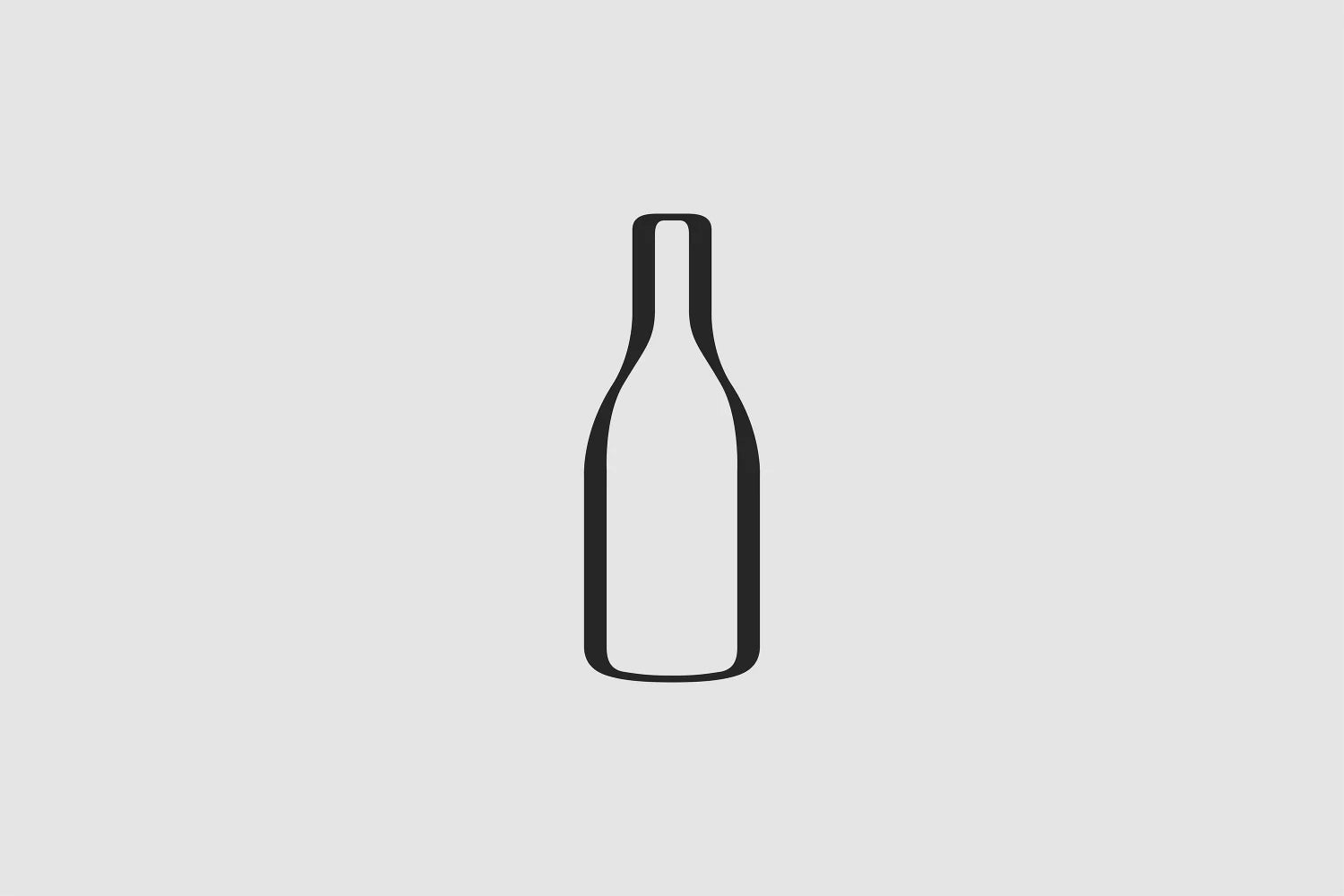If you were building a “Greatest Hits” wine list of multi-century icons, a German Riesling fanatic like myself would add Müller-Catoir as coolly and confidently as Latour or Chave. But because they’re stationed in lesser-known Pfalz instead of, say, the Mosel, the name may not ring as loudly for others. I often say that if you want to take the measure of a truly important, region-defining producer, see what they do with their lower-priced, ‘entry-level’ wines. Today’s “MC” Riesling Feinherb would be a perfect choice: It showcases everything that makes Riesling so special, from its prismatic aromatics to its mouth-watering freshness to its crystalline minerality, at a price that puts everyone in reach of its greatness.
One analog that comes to mind is custom tailoring: Maybe you can’t afford a whole suit, but one perfectly made shirt would be awfully nice, just to get a chance to experience that quality. This ’17 is the ultimate in classic German Riesling, labeled as a ‘Feinherb’ to announce its hint of (perfectly balanced) residual sugar, and if there’s anyone out there still associating that trace of sweetness with low-quality, mass-produced wines of the past, “MC” puts that notion to rest for good—absolutely buries it, in fact. At this price, none of us have the right to expect the stunning buffet of rich fruits and minerality heaped with white flowers—Riesling at its most sophisticated and universally pleasing—but that’s exactly what we get. Looking for a ‘house pour’ that sets a new quality standard for everyday consumption in your home? This is it!
‘Feinherb’ is an unofficial term that shows up on German wine labels alongside the myriad official terms, and it refers to wines that are “off-dry” in the traditional German style (roughly equivalent to halbtrocken). Müller-Catoir winegrower and cellar master Martin Franzen creates delightful tension through slow fermentations and a gentle, unhurried aging process, creating a wine that is lean, elegant, and surprisingly full of power. The balance is impeccable, showing just how valuable a touch of sweetness is to creating a complete wine.
Today’s wine hails from a series of vineyards planted in deep gravel soils, shaded from the afternoon sun by the Haardt Mountains which form the opposite side of the Rhine Valley. Current owner and operations manager Philippe David Catoir is the ninth generation to farm these storied parcels. The vineyards creep right up to the edge of the dense Palatinate forest, grown in a variety of soils including heavy loam, loess, shell limestone, and gravel. All are organically farmed and classified by the VDP—the German winegrower’s association dedicated to stratifying quality wines. Among the vines sits Haardt Castle, a creamy sandstone fortress where the wines have been made for centuries. It’s the beating heart of the Müller-Catoir estate, and represents the steadfastness of their traditions.
The production team is led by Martin Franzen, who invests an unfathomable quantity of time in the 25 hectares of vineyards. He’s a disciple of natural methods, organic fertilization, rigorous green-harvesting, and hand-picking. Müller-Catoir is credited with pioneering “reductive” winemaking in Germany; they take pains to keep wines in an anaerobic (i.e. oxygen-starved) environment, only transferring, or “racking,” wines from their aging vessels once before bottling. This practice is all about preserving the purity and intensity of the fruit and the brightness of the aromas, lending this bargain-priced bottle uncommon complexity.
You can open a bottle of this Feinherb one night and still be savoring it a week later, marveling at its longevity. That being said, it’s much more likely you’ll pour out the last drops within an hour, thoroughly enchanted by the aromas of vineyard peach, apple skin, honeysuckle, and wet stone. The 2017 is just beginning to open, with perfectly balanced sweetness trailing behind the intensity of its mineral acidity. It’s succulent and sensual on the palate, with notes of iodine, ripe lemon, passionfruit, and a delightfully salty finish. The sweetness lingers like a daydream, a kiss of sugar to soften the edges of that fierce mineral backbone. I’ll confess that the first time I tried this bottle I finished it without food; I couldn’t help myself. But the second time around, I indulged in ahi tuna tacos from Gott’s Roadside here in Napa. This recipe does a very good job of replicating their perfect balance of spicy, creamy, and acidic, so you can have the same religious experience I did. No doubt this wine is at the beginning of a long development, so don’t hesitate to stock up: You’ll be happy to have it stay for a while!
